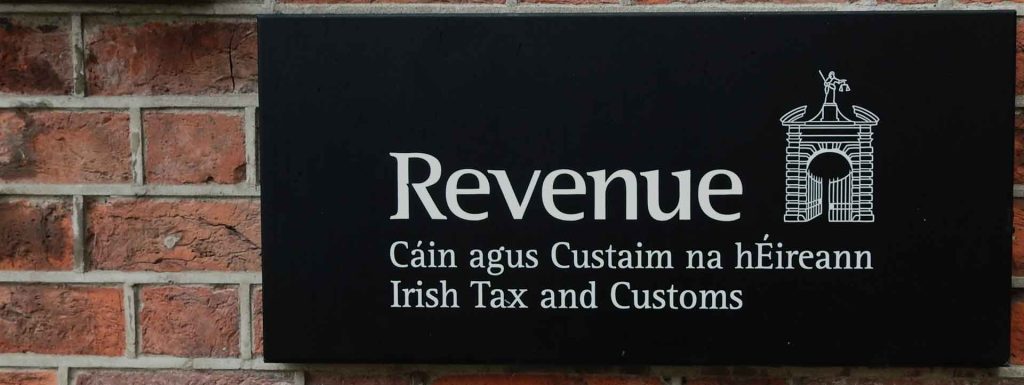New Pay-Related Benefit Legislation introduced in Ireland
New Pay-Related Benefit Legislation introduced in Ireland
In a significant legislative move, the Oireachtas has passed a new law introducing a Pay-Related Benefit system in Ireland. This groundbreaking legislation aims to provide a more secure financial safety net for workers who find themselves unemployed. By linking unemployment benefits to previous earnings, the government seeks to mitigate the financial shocks often faced during periods of job loss. This new system reflects a commitment to aligning Ireland’s social welfare policies with those of other advanced European nations, ensuring fairer and more predictable support for all workers.
Key Features of the Pay Related Benefit Legislation
Pay Related Benefit Eligibility and Rates
The Pay-Related Benefit system introduces a structured approach to unemployment benefits, where payments are tied to the claimant’s previous earnings. To be eligible, individuals must have a substantial work history and recent employment status, ensuring that the system supports those who have been actively contributing to the economy. The payment rates are designed to reflect a percentage of the individual’s previous income, providing a more realistic level of financial support during unemployment. This approach aims to reduce the abrupt loss of income that often accompanies job loss, thereby offering a more stable transition period for those seeking new employment.
Changes to PRSI Contributions
To fund this new benefit system, the legislation includes incremental increases in Pay-Related Social Insurance (PRSI) contributions. These changes will affect employers, employees, and the self-employed, ensuring a broad-based contribution that supports the sustainability of the program. The adjustments in PRSI rates are planned to be gradual, minimizing the immediate financial impact on contributors while ensuring that the fund grows to meet the needs of the newly established benefits system. By distributing the financial responsibility across all sectors of the workforce, the government aims to create a balanced and fair method of supporting unemployed individuals.
This landmark legislation not only modernizes Ireland’s approach to unemployment benefits but also aligns the country’s social welfare policies with those of other European nations, enhancing the overall social safety net and providing better financial security for workers.
Detailed Breakdown of Pay-Related Benefit Scheme
The new Pay-Related Benefit scheme offers tiered support based on previous earnings and PRSI contributions:
- 5+ Years of PRSI Contributions:
- First 3 Months: 60% of previous earnings, capped at €450 per week.
- Next 3 Months: 55% of previous earnings, capped at €375 per week.
- Final 3 Months: 50% of previous earnings, capped at €300 per week.
- 2-5 Years of PRSI Contributions:
- 50% of previous earnings, capped at €300 per week, for up to 6 months.
The scheme is available to those who become fully unemployed after its commencement. The Minister will announce the start date once the necessary IT systems are in place. Individuals who lose their job before this date will continue to receive the existing Jobseeker’s Benefit.
Pay Related Benefit | Impacts on Workers and Families
Financial Security
The introduction of the Pay-Related Benefit system is poised to significantly enhance financial security for unemployed workers and their families. By linking benefits to previous earnings, the legislation aims to prevent the sudden drop in income that many face upon losing their jobs. This approach ensures that individuals can maintain their standard of living while seeking new employment opportunities. For instance, essential expenses such as mortgage payments, utility bills, and daily necessities can be more easily managed with income-based benefits, reducing financial strain and promoting stability.
Long-term Benefits
Beyond immediate financial relief, the Pay-Related Benefit system offers long-term advantages by strengthening Ireland’s social safety net. This legislation is expected to reduce financial stress for families, as the more predictable income during unemployment can prevent the accumulation of debt and the need for drastic lifestyle changes. By providing a more robust support system, the government aims to foster a healthier, more resilient workforce. This security can lead to better mental and physical health outcomes for unemployed individuals and their families, ultimately contributing to a more stable and productive society.
“This landmark reform ensures that workers who lose their jobs will receive a benefit based on their prior earnings, which will help them to better manage their finances during periods of unemployment.”
Pay-Related Benefit Scheme Implementation Timeline
IT Systems Development:
The rollout of the new Pay-Related Benefit system involves a detailed timeline for IT systems development. The government is working on upgrading existing infrastructures to accommodate the new system’s requirements. This process includes designing, testing, and deploying new software to ensure smooth operations and seamless integration with current systems.
Future Updates:
The legislation also outlines plans for future updates to further refine the system. This includes potential adjustments to PRSI contributions and additional legislative measures to enhance the effectiveness and reach of the Pay-Related Benefit system. The phased approach ensures that any changes are carefully implemented to avoid disruption and maximize the system’s benefits.
Top payroll industry trends shaping the future
By Anthony Wolny | 16th January 2025 | 5 min read
Five Signs it’s time to switch your payroll outsourcing provider
By Anthony Wolny | 9th January 2025 | 3 min read
Paycheck Plus, Your Outsourced Payroll Provider
Paycheck Plus is an award-winning payroll company that specialises in UK and Irish payroll outsourcing. With industry-leading accuracy levels our affordable payroll service provides outsourced payroll services to organisations of all sizes.
Our ISO accredited payroll firm offers a range of payroll services which ensure payroll accuracy, while our bespoke payroll software lets you consolidate your payroll processes into one simple and efficient workflow.
For more information simply request a payroll quote or call +353 (0) 1 905 9400.
